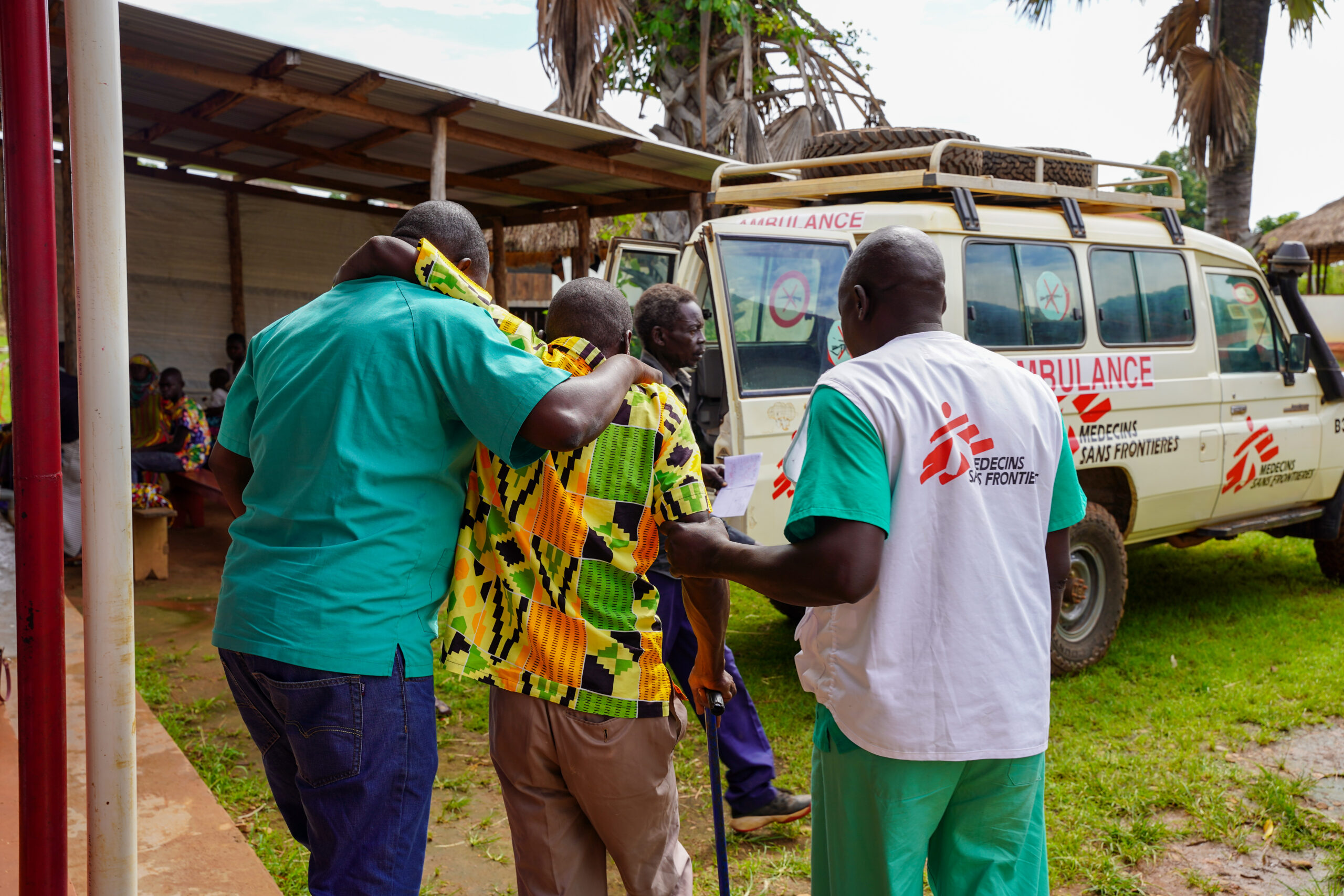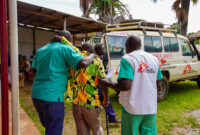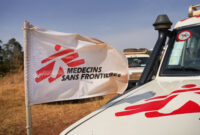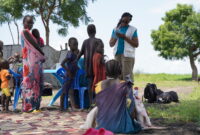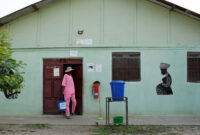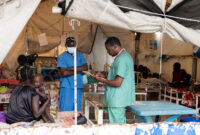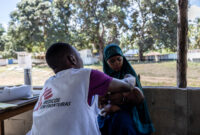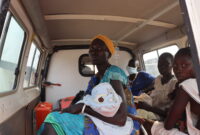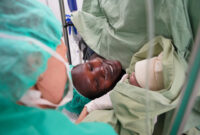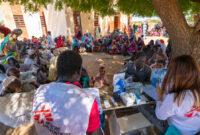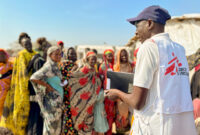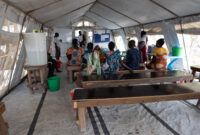South Sudan: MSF suspends activities in activities in two counties following abductions of healthcare staff
Doctors Without Borders/Médecins Sans Frontières (MSF) has suspended all operational activities in Yei River and Morobo counties in South Sudan’s Central Equatoria State for a minimum of six weeks. This decision follows the abduction of an MSF staff member, occurring just four days after the abduction of a health ministry staff member from an MSF ambulance on the same road and location. Fortunately, our colleague was released some hours after the abduction.
The incident occurred on July 29 during an evacuation of MSF staff from Morobo to Yei amid deteriorating security conditions. The four-vehicle convoy was stopped by armed men. They ordered the MSF staff member, who was serving as the team leader of the convoy, out of the vehicle and pulled him into the thickets, while allowing the other vehicles and staff to proceed to Yei.
“We are outraged by this targeted attack. Attacks on humanitarian workers serving at-risk members of the society must stop,” says Ferdinand Atte, physician and MSF country director in South Sudan. “While we are deeply committed to providing care to those in need, we cannot keep our staff working in an unsafe environment.”
This abduction is part of a disturbing trend of targeted violence on healthcare and aid workers in these counties. In just three months, several incidents of violence targeting humanitarian workers and healthcare facilities have been reported in Morobo, including forceful abductions, arson, violent looting of hospitals and damage to medical infrastructure. Seven of these incidents involved the abduction of humaitarian workers.
“We demand accountability and concrete guarantees from the authorities and all parties involved in the conflict, including armed groups in Morobo and Yei River counties,” says Atte. “It is crucial to ensure safe and unobstructed access to populations in need and to protect civilians and civilian infrastructure, including healthcare workers, patients and medical facilities, before we can consider resuming our activities.”
“When such attacks occur, it is the local people who suffer the most, as it severely undermines their access to essential healthcare.”
Ferdinand Atte, physician and MSF country director in South Sudan
The residents of Yei River and Morobo counties live in remote and hard-to-reach areas, frequently cut off from essential services due to limited infrastructure and armed conflict. As a result, they heavily rely on humanitarian organizations like MSF for essential services.
This marks the second time MSF has been compelled to reduce provision of medical services in the area in under three months. In May, we were forced to reduce activities due to escalating insecurity. MSF has also suspended all activities in camps for internally displaced persons due to the relentless violence in Morobo County.
“MSF is one of the few medical organizations providing support to various healthcare facilities in this area,” says Atte. “When such attacks occur, it is the local people who suffer the most, as it severely undermines their access to essential healthcare.”
In Yei River and Morobo counties, MSF provides primary healthcare services by supporting four Ministry of Health facilities, offering outpatient consultations, routine vaccinations as well as maternal and child healthcare. MSF also conducts mobile clinics and supports community-based healthcare through the Boma Health Initiative program in the area. Between January and June 2025, MSF conducted 14,500 outpatient consultations, 1,192 prenatal consultations and assisted in 438 maternal deliveries in this area.
